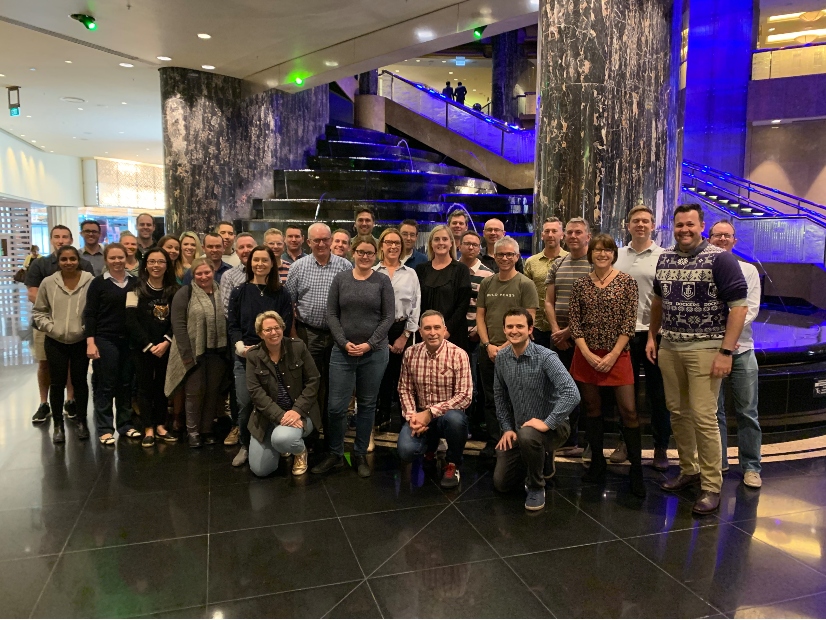The end of financial year is almost here, the most important thing you can be doing right now is planning for the year ahead.
In a rapidly changing environment, clients that have thoroughly planned for the year ahead have a significant advantage over their competitors. These clients are able to consider changing circumstances, how they will react to cost pressures or tightening revenue and the ultimate impact on their cash flows. At the end of the day cash is king!
We are currently working with clients to forecast their profit and loss for the year ahead and then determining their closing bank balance at the end of each month.
We have successfully helped clients:
– By giving them confidence about the year ahead
- Knowing the peaks and troughs of their bank balance throughout the year and when funding from the bank may be required
- Ensuring enough money is set aside to cover tax commitments for the year ahead
- Knowing the breakeven point for the business and therefore the minimum sales/revenue required per month
- Knowing when and how much to pay in dividends throughout the year
- Knowing the minimum hourly rate to charge out an employee to break even on a project
– By giving them the confidence to make a decision
- Running different financial scenarios and determining the impact of those decisions on profit and most importantly cashflow
- When to employ someone or perhaps even let someone go
- When to buy a major asset
- Whether to change premises or maybe buy a premises for your business
- Whether the business will make sufficient cashflow to fund a personal project or a new investment
- Whether and when to start selling a new product/service
– By having early warning signs when things aren’t going as planned
– By giving them the best chance to approach the bank and have their finance approved
So take control of the year ahead and consult with your Harris Black Team Member so that you will have confidence to rise above your competitors and reach your full potential.






